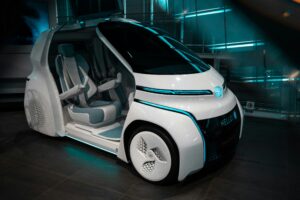Did you know that bacteria could be the key to powering the next generation of technology? That’s right – researchers are harnessing the power of bacteria to create “living batteries” with fascinating implications for the future of energy storage.
These living batteries, also known as microbial fuel cells, operate by using the metabolic processes of bacteria to generate electricity. By feeding on organic material, such as wastewater or agricultural waste, the bacteria produce electrons that can be harnessed to power electronic devices. This innovative approach not only provides a renewable energy source but also offers a sustainable solution for managing organic waste.
According to Dr. Lisa Stein, a leading researcher in the field, “Microbial fuel cells have the potential to revolutionize the way we generate and store energy. By utilizing naturally occurring bacteria, we can create a clean and efficient power source that has minimal environmental impact.”
Research studies have shown that microbial fuel cells have the potential to generate electricity from a wide range of organic materials, making them a versatile and scalable technology. With increasing focus on sustainability and renewable energy sources, these living batteries represent a groundbreaking innovation with far-reaching implications for the future.
In conclusion, the use of bacteria to power technology may seem like science fiction, but it is quickly becoming a reality. As we continue to explore the potential of microbial fuel cells, we are unlocking new possibilities for clean energy solutions that could reshape our world.



